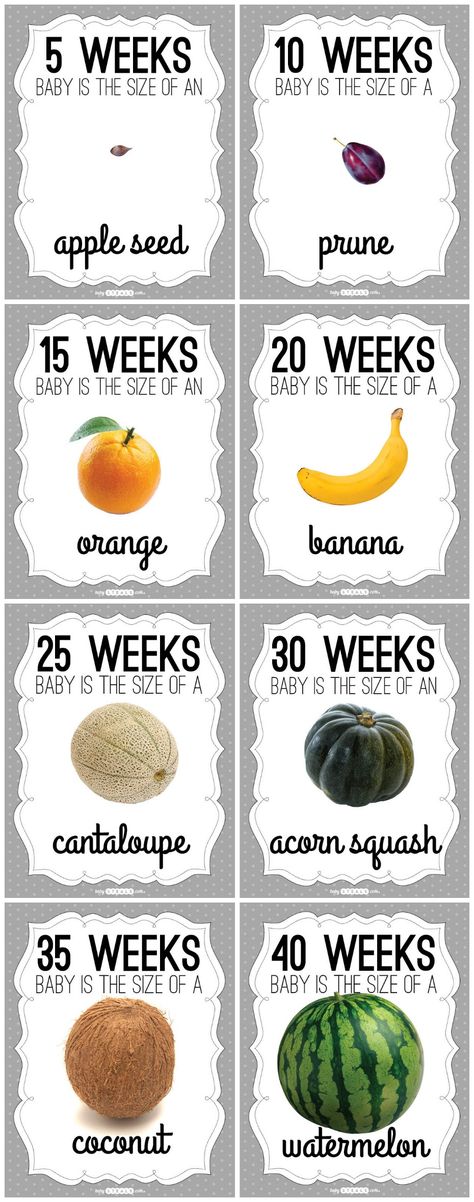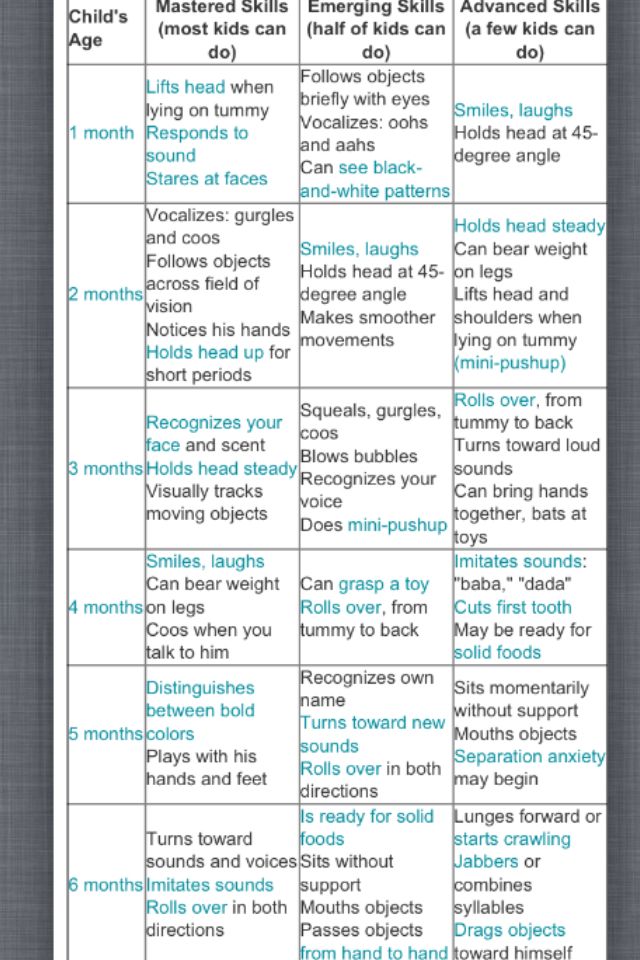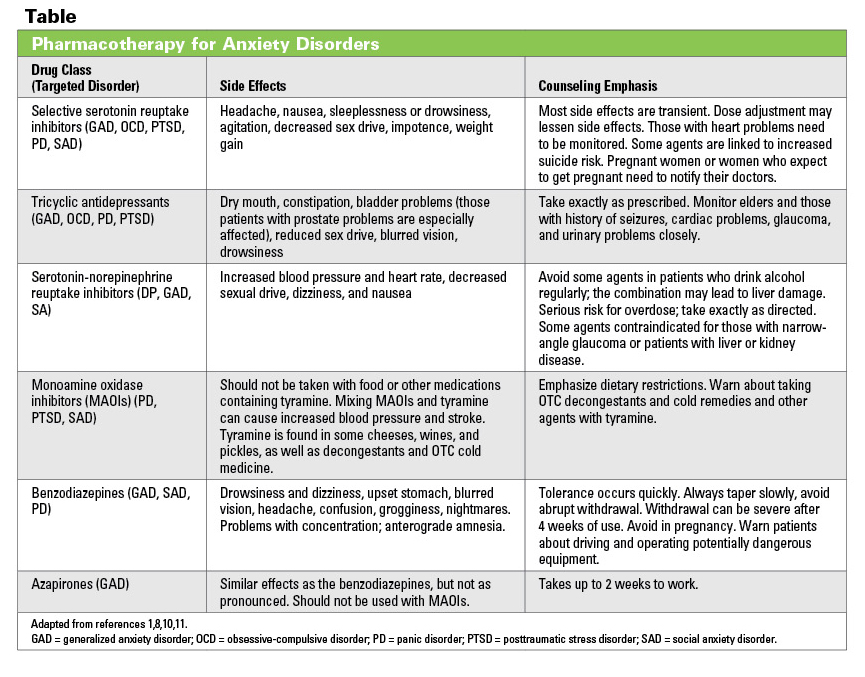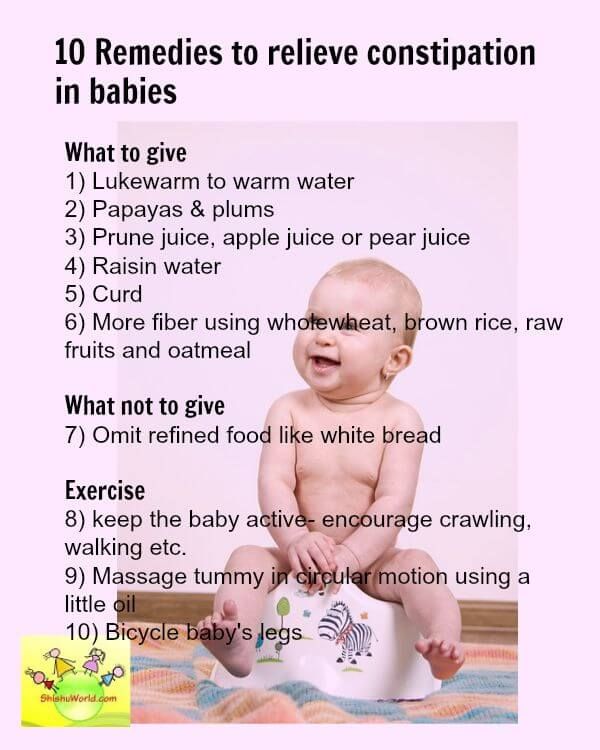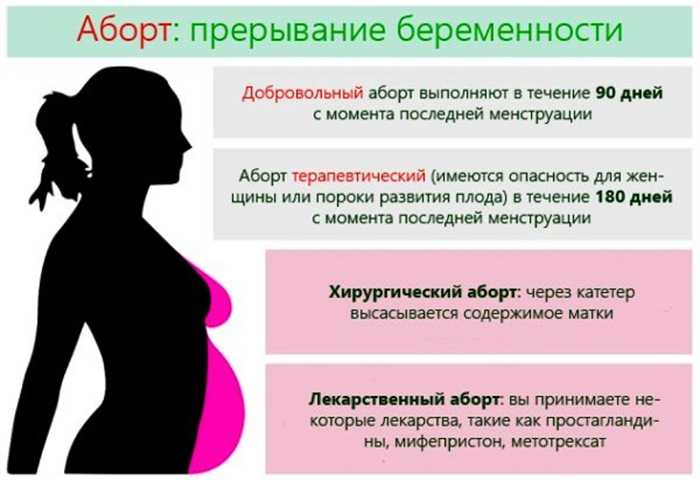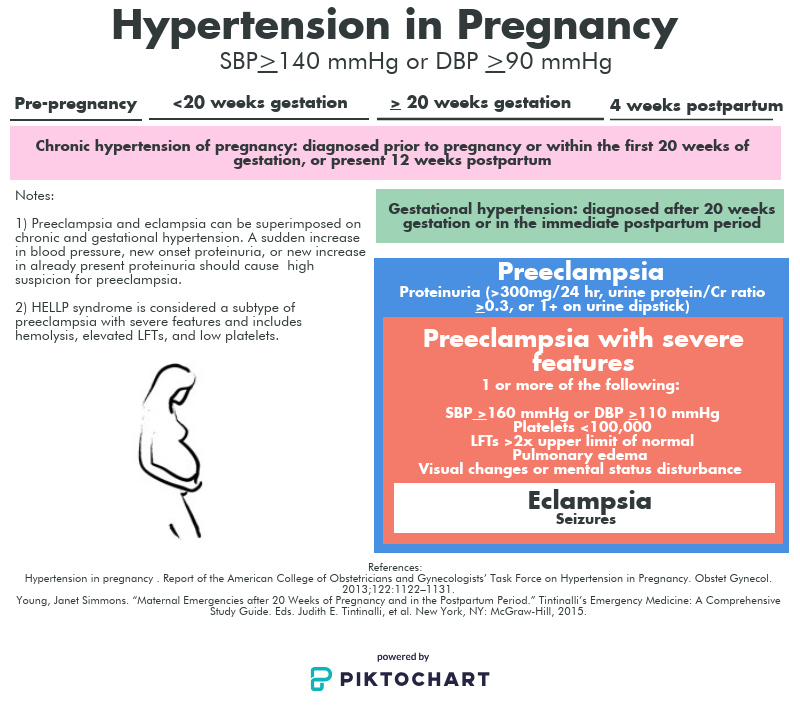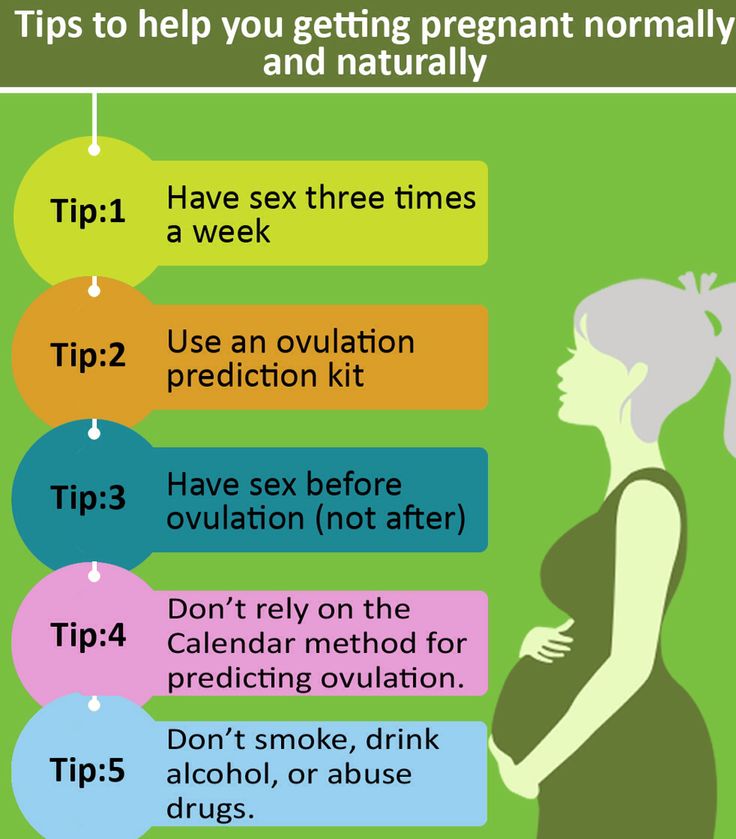Size of my baby
Pregnancy Week-by-Week
Hello baby bump! In the second trimester, you’ll really start to show. Learn what’s normal--or not--with pregnancy weight gain by week, and what’s happening in your pregnancy week-by-week.
14 Weeks Pregnant
Welcome to the second trimester! 14 weeks pregnant marks a lot of changes—you might be feeling less nauseated, hungrier and more energetic. That’s because you’re embarking on what’s known as the “honeymoon phase” of pregnancy. Starting with pregnancy week 14, the second trimester is the time to get some exercise, get some to-do’s done and have some fun. Enjoy!
15 Weeks Pregnant
Feeling sexy? Now that you’re 15 weeks pregnant, you’re probably feeling high energy, and that may mean high libido, too. Your partner isn’t feeling nearly as frisky at week 15 pregnancy? That’s normal, too. Let’s face it, the thought of baby being so close while you two are doing the deed can freak them out. Remind your partner that baby has no idea what’s going on and—as long as your OB hasn’t given you any activity restrictions—sex won’t hurt baby or threaten your pregnancy.
16 Weeks Pregnant
Now that you’re 16 weeks pregnant, things are getting pretty exciting. You may have another prenatal visit this week, where you will get to hear baby’s heartbeat again. Even more thrilling will be feeling baby kick, which could happen starting this week, so pay attention to those subtle feelings in your 16 weeks pregnant belly. Another cool fact? Baby is starting to be able to hear your voice—and they’ll recognize it at birth—so feel free to chat baby up any chance you get.
17 Weeks Pregnant
Decisions, decisions. Now that you’re 17 weeks pregnant, start making firm plans, like whether or not you’re going to find out baby’s sex via ultrasound (if you didn’t already through first trimester prenatal testing), and what kind of childbirth class you’d like to take. As you start making these decisions, the pregnancy will feel even more real, which is super exciting, but part of you is probably feeling a little anxious, too. After all, you’re at week 17 of your pregnancy; that’s almost halfway through, and there’s so much to do, it can be overwhelming.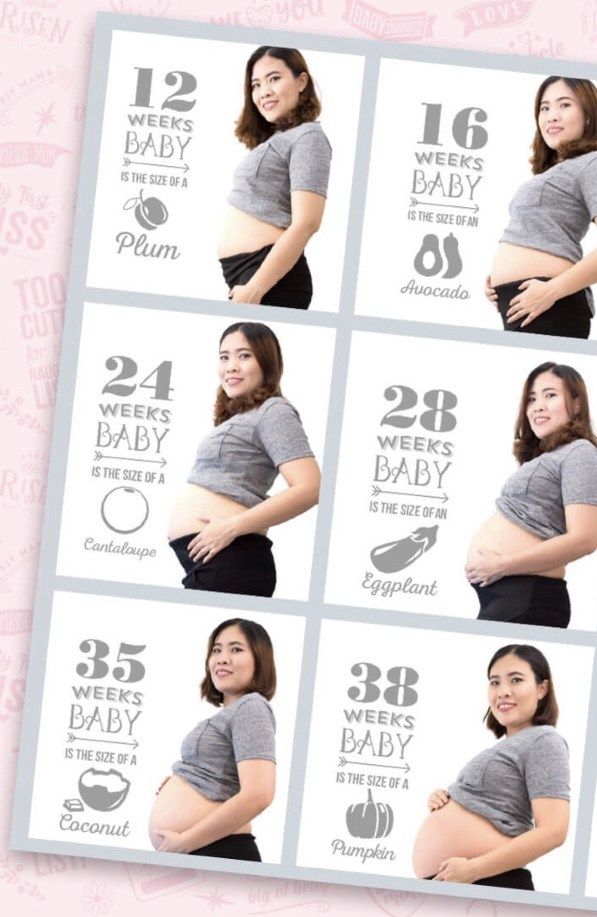 Our best advice? Don’t try to do it all yourself—ask for help. And whatever doesn’t get done? You’ll find it’s not that important anyhow.
Our best advice? Don’t try to do it all yourself—ask for help. And whatever doesn’t get done? You’ll find it’s not that important anyhow.
18 Weeks Pregnant
Time to switch things up. Starting around 18 weeks pregnant, you should begin to sleep on your side instead of your back. That’s because baby (and your uterus) is getting big enough to press against large veins in the back of your abdomen, which can reduce the amount of blood going to your heart, making you feel lightheaded—or worse, lowering your blood pressure. Sounds scary, but it’s totally preventable by simply sleeping on your side. Of course, your veins aren’t the only things that are prone to pressure—you are, too! At pregnancy week 18, there’s a lot going on. Be sure, in your hectic schedule, that you plan some time to take breaks and unwind.
19 Weeks Pregnant
So what do you think: Is it a boy or a girl? At 19 weeks pregnant, you’re probably getting psyched for your mid-pregnancy ultrasound. Most parents-to-be think of this test as the chance to find out baby’s sex (if you didn’t already in the first trimester through prenatal testing), but you will actually see a lot more than baby’s boy or girl parts. You’ll see all of baby’s body—inside and out—and you’ll be amazed at all the development going on at week 19 of pregnancy. That’s exciting!
You’ll see all of baby’s body—inside and out—and you’ll be amazed at all the development going on at week 19 of pregnancy. That’s exciting!
ADVERTISEMENT
20 Weeks Pregnant
Congrats! During week 20 of pregnancy, you’re at the halfway point. If you’ve recently found out baby’s sex, you’re in a completely new mindset—are we right? Now, those baby names you’re throwing out are more likely to end up as baby’s actual name. When you find yourself in a baby store, you can start to picture those adorable outfits on your little boy or girl—so 20 weeks pregnant may be the time when you’re ready to start finalizing your baby registry too. Happy shopping!
21 Weeks Pregnant
Pressure’s on! Have you found the perfect baby name yet? It seems like parents-to-be either come up with baby’s name quickly and easily, or agonize over it all the way up until the birth. If you haven’t picked that perfect name yet, check out The Bump’s extensive lists of baby names of all sorts; cool names, beautiful names, hipster names and much more.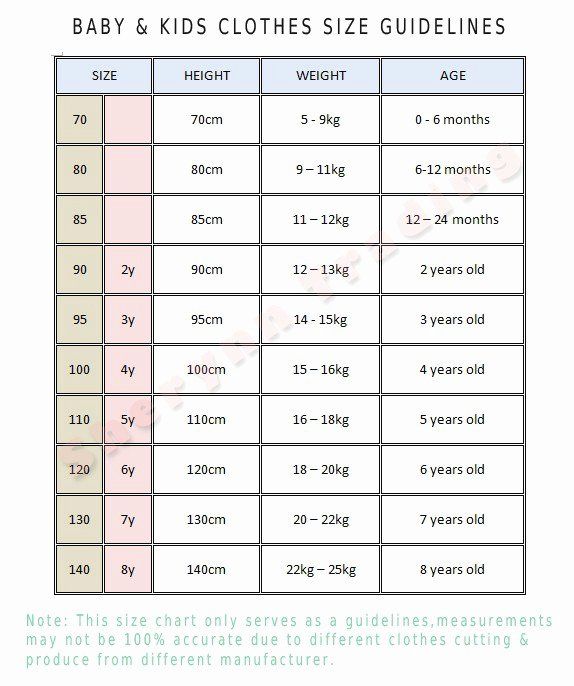 Whatever name you choose, you’ll probably think it’s even more perfect once you get to know (and fall in love with) your future little bundle of joy. At 21 weeks pregnant, you’re not just choosing a name, you’re hard at work getting your home ready too. Of course, things like baby bouncers and changing table pads can be tough to choose, but try not to stress about it at week 21 of pregnancy. Trust us, baby won’t care if you pick out a Pack ‘n Play that clashes with the area rug!
Whatever name you choose, you’ll probably think it’s even more perfect once you get to know (and fall in love with) your future little bundle of joy. At 21 weeks pregnant, you’re not just choosing a name, you’re hard at work getting your home ready too. Of course, things like baby bouncers and changing table pads can be tough to choose, but try not to stress about it at week 21 of pregnancy. Trust us, baby won’t care if you pick out a Pack ‘n Play that clashes with the area rug!
22 Weeks Pregnant
It’s getting crowded in there! Now that you’re 22 weeks pregnant, your rapidly growing baby is invading your space—to say the least. That’s why it might be tough to catch your breath and why your back might be killing you. Hey, as baby grows, they may be expanding your belly so much (so fast) at week 22 of pregnancy that you might start to get some stretch marks (sorry)—and you might even have a newfound “outie” belly button! While you might not love all these side effects, you’ll probably want to capture your pregnant belly in some professional photos.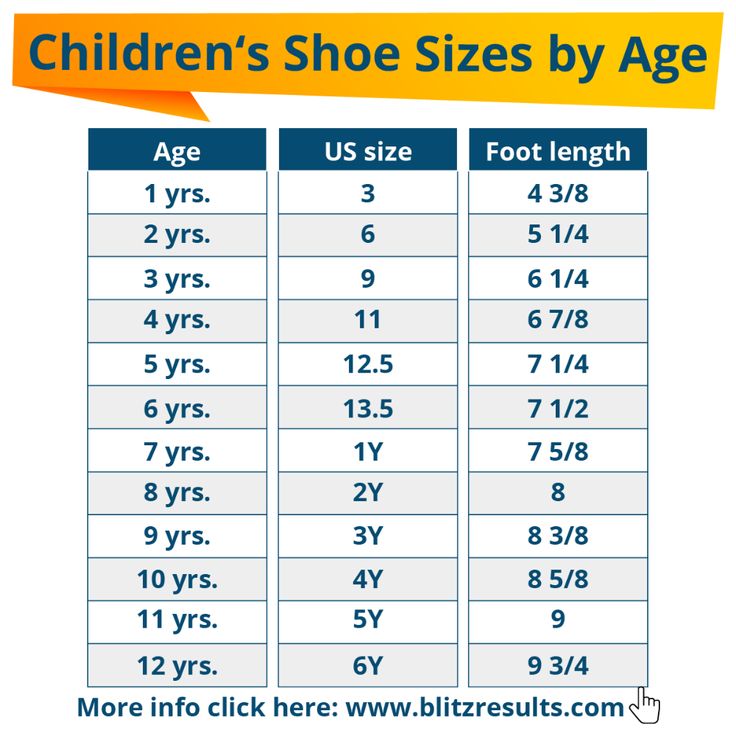 Twenty-two weeks is a good time to start planning for a maternity portrait session. You’ll want to aim for a third trimester sesh to capture that big, beautiful belly, but it shouldn’t be so late that you risk going into labor before your appointment.
Twenty-two weeks is a good time to start planning for a maternity portrait session. You’ll want to aim for a third trimester sesh to capture that big, beautiful belly, but it shouldn’t be so late that you risk going into labor before your appointment.
23 Weeks Pregnant
At 23 weeks pregnant, baby is getting ready for their big debut by listening in on what’s going on in the outside world. We know you’re getting ready too. Just remember: While having the nursery painted and stocked with diapers is important, there are some less fun to-dos you should have on your radar—namely, financials. Week 23 of pregnancy is a good time to call your health insurance company to see how you’re currently covered and decide what adjustments you’ll need to make for baby. Consider writing a will if you don’t have one, or updating your current one. And how’s baby’s savings account going? If you’re like, “what savings account?” now is a good time to start one. Even making small deposits will help once you factor in the time value of money—the earlier you start saving, the faster your money will compound. One study found that kids who have their own savings account are more likely to go to college, and another one estimated the average cost of raising a baby until age 18 to be over $226,000. Whoa!
One study found that kids who have their own savings account are more likely to go to college, and another one estimated the average cost of raising a baby until age 18 to be over $226,000. Whoa!
24 Weeks Pregnant
Consider this a preview of motherhood: Baby is doing just fine—and you’re, well, kind of a mess. Your week 24 baby is working on being ready to survive (and thrive!) in the outside world. You, on the other hand, are probably experiencing some of the late-pregnancy discomforts at 24 weeks pregnant—leg cramps, backaches and swollen feet. Hang in there, mama-to-be!
25 Weeks Pregnant
You’re 25 weeks pregnant, and it’s probably dawned on you that soon you’ll actually have to deliver this baby. That might be a little scary, but it’s also exciting! What’s cool is that most hospitals will let you pre-register for delivery, which means you can fill out your admissions paperwork early so you don’t have to stand around filling out a bunch of forms while in the throes of labor.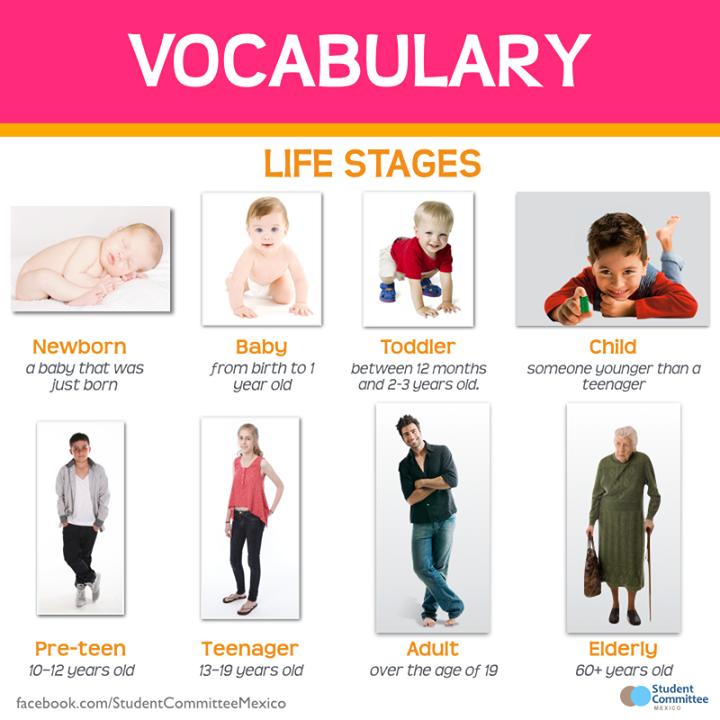
26 Weeks Pregnant
You haven’t met baby yet, but they’re taking over your life! They’re interfering with your sleep, messing with your memory and even giving you a stress headache or two at 26 weeks pregnant. (They’ll do all those things after birth too!) When they say moms-to-be have 40 weeks to get ready for baby, they don’t just mean growing the baby and buying a car seat and bouncer. You also need to mentally prepare for a newborn to become the center of your attention. And already, at week 26 of pregnancy, baby is giving you some practice in that department.
27 Weeks Pregnant
Raise your sparkling water glass and say goodbye to the second trimester! Next week you’ll officially enter your third trimester.
ADVERTISEMENT
You and your baby at 7 weeks pregnant
Your baby at 7 weeks
By 7 weeks, the embryo has grown to about 10mm long from head to bottom. This measurement is called the crown-rump length.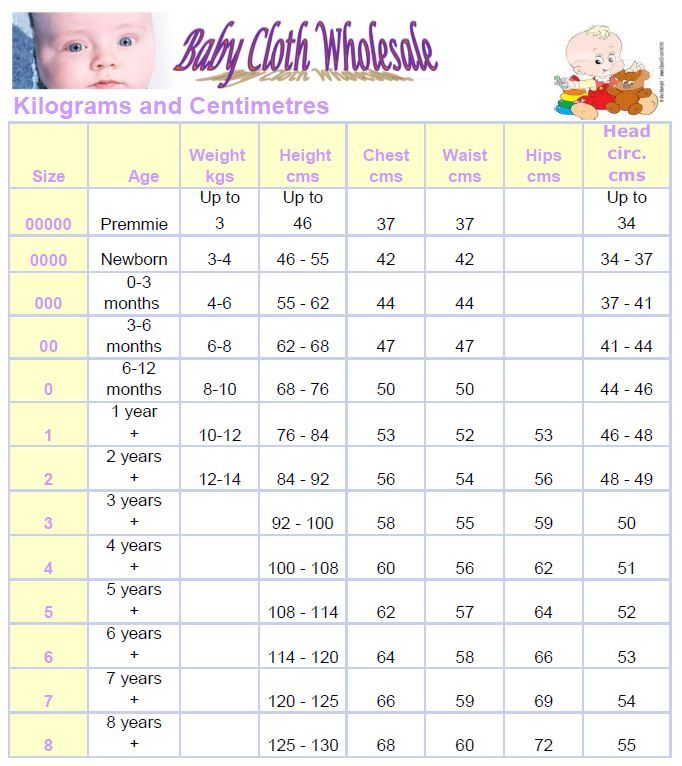
The brain is growing rapidly and this results in the head growing faster than the rest of the body. The embryo has a large forehead, and the eyes and ears continue to develop.
The inner ears start to develop, but the outer ears on the sides of the head will not appear for a couple more weeks.
The limb buds start to form cartilage, which will develop into the bones of the legs and arms. The arm buds get longer and the ends flatten out – these will become the hands.
Nerve cells continue to multiply and develop as the brain and spinal cord (the nervous system) starts to take shape.
You at 7 weeks
Your womb has grown to the size of a lemon by the time you're around 7 or 8 weeks pregnant.
You're probably feeling tired. Your breasts might feel sore and enlarged, and you may need to pee more often than usual.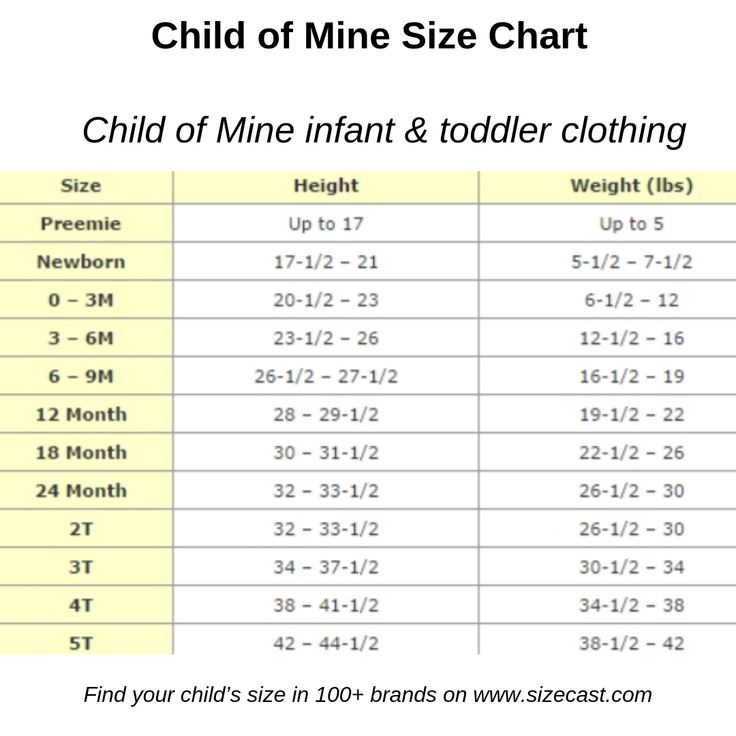
You may start to feel sick or tired, or have other minor pregnancy problems for a few weeks around this time.
In most cases, feelings of nausea and vomiting (morning sickness) start to improve after around 14 weeks of pregnancy.
Some infections can harm a pregnancy. It's important to let your doctor or midwife know if you think you may have an infection so they can give you the right care as early as possible.
Find out about infections that may cause problems in pregnancy
You may have bleeding or sore gums when you're pregnant. Good mouth hygiene and regular dental care, to keep your teeth and gums as healthy as possible, is the best way to avoid or care for gum problems.
Dental care is free during pregnancy and until 1 year after your due date. Ask your midwife or doctor about how to apply for free dental care.
Things to think about
- find out about midwives, obstetricians and other healthcare professionals who may provide your pregnancy (antenatal) care
- what to expect from your NHS pregnancy journey
- your first midwife appointment
Start4Life has more about you and your baby at 7 weeks of pregnancy
You can sign up for Start4Life weekly emails for expert advice, videos and tips on pregnancy, birth and beyond.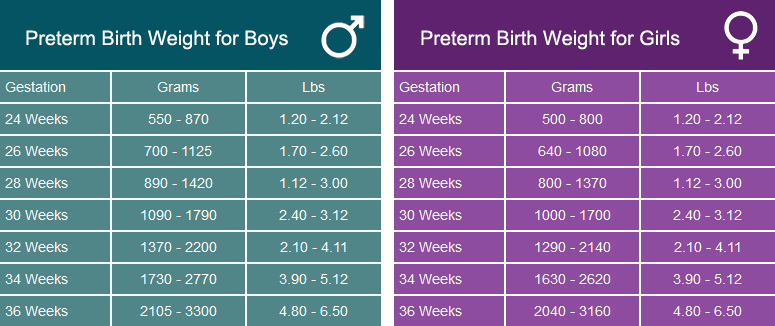
Video: What will happen to my body during pregnancy?
In this video, mothers talk about how they dealt with some of the physical changes during pregnancy.
Media last reviewed: 20 March 2017
Media review due: 20 March 2020
Page last reviewed: 12 October 2021
Next review due: 12 October 2024
Child development by weeks | Regional Perinatal Center
Expectant mothers are always curious about how the fetus develops at a time when it is awaited with such impatience. Let's talk and look at the photos and pictures of how the fetus grows and develops week by week.
What does the puffer do for 9 whole months in mom's tummy? What does he feel, see and hear?
Let's start the story about the development of the fetus by weeks from the very beginning - from the moment of fertilization. A fetus up to 8 weeks old is called embryo , this occurs before the formation of all organ systems.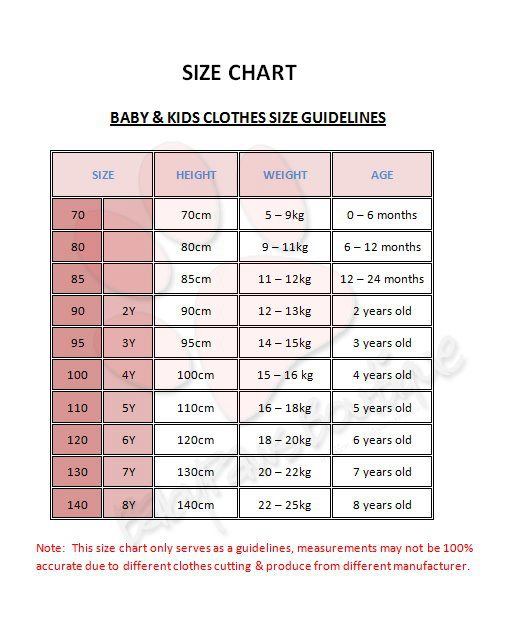
Embryo development: 1st week
The egg is fertilized and begins to actively split. The ovum travels to the uterus, getting rid of the membrane along the way.
On the 6th-8th days, implantation of eggs is carried out - implantation into the uterus. The egg settles on the surface of the uterine mucosa and, using the chorionic villi, attaches to the uterine mucosa.
Embryo development: 2-3 weeks
Picture of embryo development at 3 weeks.
The embryo is actively developing, starting to separate from the membranes. At this stage, the beginnings of the muscular, skeletal and nervous systems are formed. Therefore, this period of pregnancy is considered important.
Embryo development: 4–7 weeks
Fetal development by week in pictures: week 4
Fetal development by week photo: week 4
Photo of an embryo before the 6th week of pregnancy.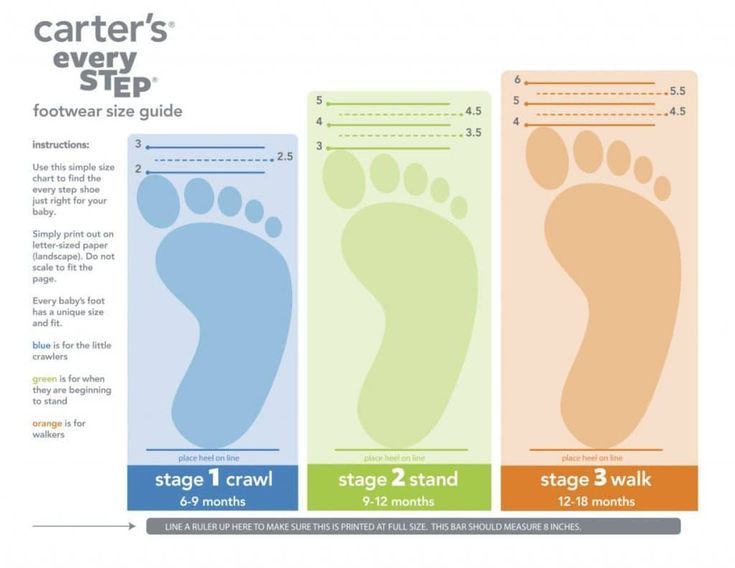
The heart, head, arms, legs and tail are formed in the embryo :) . Gill slit is defined. The length of the embryo at the fifth week reaches 6 mm.
Fetal development by week photo: week 5
At the 7th week, the rudiments of the eyes, stomach and chest are determined, and fingers appear on the handles. The baby already has a sense organ - the vestibular apparatus. The length of the embryo is up to 12 mm. nine0003
Fetal development: 8th week
Fetal development by week photo: week 7-8
The face of the fetus can be identified, the mouth, nose, and auricles can be distinguished. The head of the embryo is large and its length corresponds to the length of the body; the fetal body is formed. All significant, but not yet fully formed, elements of the baby's body already exist. The nervous system, muscles, skeleton continue to improve.
Fetal development in the photo already sensitive arms and legs: week 8
The fetus developed skin sensitivity in the mouth (preparation for the sucking reflex), and later in the face and palms.
At this stage of pregnancy, the genitals are already visible. Gill slits die. The fruit reaches 20 mm in length.
Fetal development: 9–10 weeks
Fetal development by week photo: week 9
Fingers and toes already with nails. The fetus begins to move in the pregnant woman's stomach, but the mother does not feel it yet. With a special stethoscope, you can hear the baby's heartbeat. Muscles continue to develop. nine0003
Weekly development of the fetus photo: week 10
The entire surface of the fetal body is sensitive and the baby develops tactile sensations with pleasure, touching his own body, the walls of the fetal bladder and the umbilical cord. It is very curious to observe this on ultrasound. By the way, the baby first moves away from the ultrasound sensor (of course, because it is cold and unusual!), And then puts his hands and heels trying to touch the sensor.
It's amazing when a mother puts her hand to her stomach, the baby tries to master the world and tries to touch with his pen "from the back".nine0115
The development of the fetus: 11–14 weeks
Development of the fetus in the photo of the legs: weeks 11The baby, legs and eyelids are formed, and the genitals become distinguishable (you can find out the gender (you can find out the gender child). The fetus begins to swallow, and if something is not to its taste, for example, if something bitter got into the amniotic fluid (mother ate something), then the baby will begin to frown and stick out his tongue, making less swallowing movements. nine0003
Fruit skin appears translucent.
Fruit development: Week 12
Photo of the fetus 12 weeks per 3D Uzi
Development of the fetus for weeks: Week 14 9000 9000buds are responsible for production for production urine. Blood forms inside the bones. And hairs begin to grow on the head. Moves more coordinated.
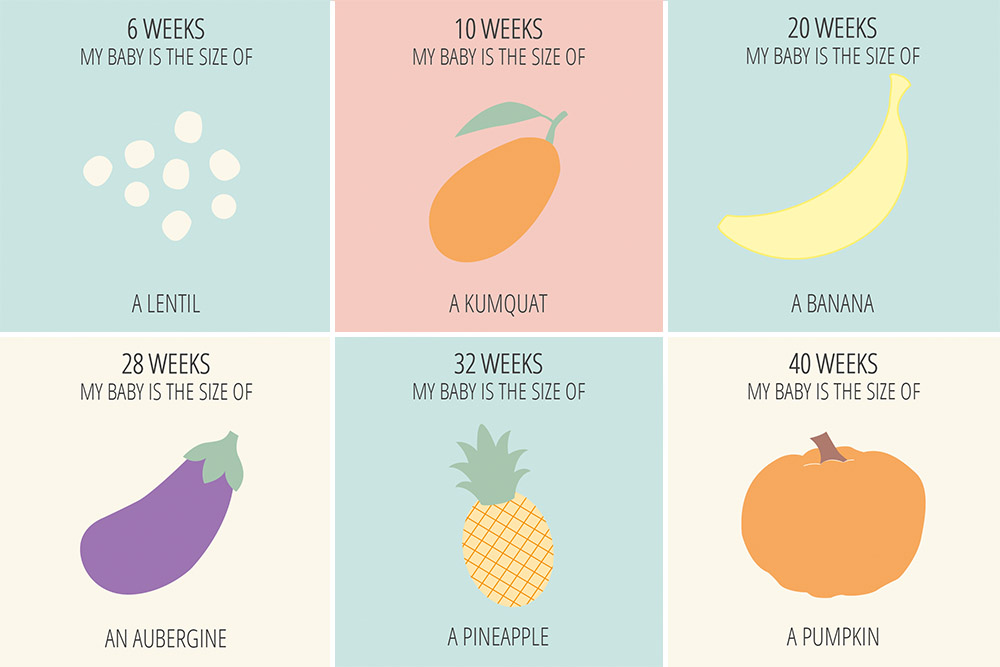
Fetal development: 15-18 weeks
Fetal development by weeks photo: week 15The skin turns pink, the ears and other parts of the body, including the face, are already visible. Imagine, a child can already open his mouth and blink, as well as make grasping movements. The fetus begins to actively push in the mother's tummy. The sex of the fetus can be determined by ultrasound.
Fetal development: 19-23 weeks
Fetal development by week photo: week 19Baby sucks his thumb, becomes more energetic. Pseudo-feces are formed in the intestines of the fetus - meconium , kidneys begin to work. During this period, the brain develops very actively.
Fetal development by weeks photo: week 20The auditory ossicles become stiff and now they are able to conduct sounds, the baby hears his mother - heartbeat, breathing, voice.
The fetus intensively gains weight, fat deposits are formed. The weight of the fetus reaches 650 g, and the length is 300 mm.
The lungs at this stage of fetal development are so developed that the baby can survive in the artificial conditions of the intensive care unit. nine0003
Fetal development: 24-27 weeks
Lungs continue to develop. Now the baby is already falling asleep and waking up. Downy hairs appear on the skin, the skin becomes wrinkled and covered with grease. The cartilage of the ears and nose is still soft.
Fetal development by week photo: week 27Lips and mouth become more sensitive. The eyes develop, open slightly and can perceive light and squint from direct sunlight. In girls, the labia majora do not yet cover the small ones, and in boys, the testicles have not yet descended into the scrotum. Fetal weight reaches 900–1200 g, and the length is 350 mm.
9 out of 10 children born at this term survive.

Fetal development: 28-32 weeks
The lungs are now adapted to breathe normal air. Breathing is rhythmic and body temperature is controlled by the CNS. The baby can cry and responds to external sounds.
Child opens eyes while awake and closes during sleep.
The skin becomes thicker, smoother and pinkish. Starting from this period, the fetus will actively gain weight and grow rapidly. Almost all babies born prematurely at this time are viable. The weight of the fetus reaches 2500 g, and the length is 450 mm. nine0003
Fetal development: 33-37 weeks
Fetal development by week photo: week 36The fetus reacts to a light source. Muscle tone increases and the baby can turn and raise his head. On which, the hairs become silky. The child develops a grasping reflex. The lungs are fully developed.
Fetal development: 38-42 weeks
The fetus is quite developed, prepared for birth and considered mature.
The baby has mastered over 70 different reflex movements. Due to the subcutaneous fatty tissue, the baby's skin is pale pink. The head is covered with hairs up to 3 cm.
Fetal development by weeks photo: week 40The baby perfectly mastered the movements of his mother , knows when she is calm, excited, upset and reacts to this with her movements. During the intrauterine period, the fetus gets used to moving in space, which is why babies love it so much when they are carried in their arms or rolled in a stroller. For a baby, this is a completely natural state, so he will calm down and fall asleep when he is shaken.
The nails protrude beyond the tips of the fingers, the cartilages of the ears and nose are elastic. In boys, the testicles have descended into the scrotum, and in girls, the large labia cover the small ones. The weight of the fetus reaches 3200-3600 g, and the length is 480-520 mm. nine0003
After the birth, the baby longs for touching his body, because at first he cannot feel himself - the arms and legs do not obey the child as confidently as it was in the amniotic fluid.
Therefore, so that your baby does not feel lonely, it is advisable to carry him in your arms, press him to you while stroking his body.
And one more thing, the baby remembers the rhythm and sound of your heart very well . Therefore, you can comfort the baby in this way - take him in your arms, put him on the left side and your miracle will calm down, stop crying and fall asleep. And for you, finally, the time of bliss will come :) . nine0003
21-24 weeks of pregnancy
21st week of pregnancy
Development of the baby
At 21 weeks, the baby is about 25 cm tall and the fetus weighs 300-400 g. due to the lack of subcutaneous fat, the body is still very thin, and the head seems unnaturally large. At this time, the formation of eyelashes and eyebrows takes place, the baby learns to blink, and his skin gradually acquires a flesh color, thickens, constrictions appear on it. nine0003
At the 21st week, the muscles and skeleton of the fetus are actively developing.
The child constantly moves, carefully bends and unbends the limbs, due to its small size it can do somersaults, turns, change the position of its body several times a day, lie transversely in the uterus, turn up or down with its head.
At this stage, the baby hears well, not only distinguishes sharp sounds, but reacts to music, so the expectant mother can listen to classics or favorite songs, contribute to the development of the child. The development of the digestive system continues, taste buds are formed. The fetus is able to distinguish the taste of amniotic fluid. nine0003
Pregnant woman
Pregnant woman at 21 weeks feels normal. The expectant mother clearly feels the movements of the fetus; very often, the periods of sleep and activity of the child and the woman do not coincide, so pregnant women do not get enough sleep during this period, they wake up at night due to the intensive movements of the baby. Painful sensations at this time are quite rare, since the child does not have sufficient physical strength, and his movements do not differ in intensity.
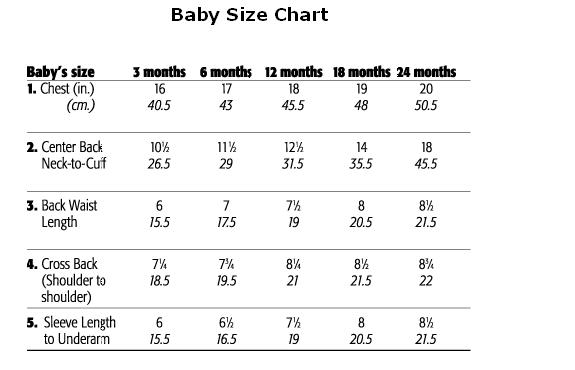
A pregnant woman may put on weight as the baby grows, its muscle and fat mass increases. Expectant mothers eat with pleasure. Their appetite increases significantly, morning sickness and general malaise disappear. nine0003
At this time, the baby's skeleton is formed, for the development of which calcium is needed. Pregnant women should monitor their health, take calcium supplements as prescribed by a doctor, since if it is lacking, problems with teeth are possible. Calcium is washed out of the tissues, the teeth begin to hurt and crumble. It is important not only to consume vitamins, but also to carefully balance the diet, add calcium-rich cottage cheese, sour cream and other dairy products to the daily menu. The consumption of fish, cereals and legumes, vegetables will help to fill the calcium deficiency. nine0003
22nd week of pregnancy
Child development
The body length of the fetus reaches 28-30 centimeters and its weight is approximately 500 g.
The child more and more resembles a newborn, his head no longer looks so big, the length of the limbs increases. The kid no longer keeps his legs constantly bent, he periodically straightens them. Intensively increases the volume and mass of the child's brain. nine0003
The baby is in constant motion, he can move his fingers and toes, move his head to the right and left. The child knows how to suck his thumb, he tilts his head forward and accurately puts his finger in his mouth. Such actions indicate an increase in sensitivity and development of the vestibular apparatus, improved coordination; the child already feels the position of his own body in space.
The baby's brain at this time contains a complete set of neurons, the number of which does not change throughout a person's life. With age, only the re-formation of connections between cells and the improvement of the work of the human brain takes place. nine0003
Pregnant woman
At 22 weeks, the uterus of a pregnant woman is located 2 cm above the navel.
The abdomen is not yet very large, but the internal organs are already beginning to shrink due to the accelerated growth of the uterus. A woman may experience some discomfort, pain between the lower ribs. In order not to suffer from pain, you must constantly monitor your posture, choose a comfortable chair with a solid back for work. Special exercises, periodic changes in body position, turns and inclinations will help to solve the problem. It is necessary to avoid sedentary work, take short breaks and fully relax. nine0003
The fundus of the uterus can press on the stomach, so a common problem at this time is a feeling of heaviness after eating and heartburn. The position of the stomach in pregnant women changes to a more horizontal one, the muscle relaxes, which closes the transition from the esophagus to the stomach, as a result of which the contents of the stomach fall back into the esophagus, irritate it, the woman feels a burning sensation and an unpleasant aftertaste. The reason for such changes is not only the pressure of the uterus on the stomach, but also a change in the hormonal background of a woman, an increase in the content of progesterone in the body.
To get rid of heartburn, you need to chew food thoroughly, eat often, but in small portions. Do not eat before going to bed, as the food will not have time to be digested. If the symptoms worsen, it is necessary to consult a doctor who will prescribe the necessary medications and help the expectant mother balance her diet. nine0003
23rd week of pregnancy
Child development
The 23rd week is an intensive formation of the respiratory system. The fetus begins to gradually make respiratory movements. If earlier the respiratory movements were periodic, now their duration can reach up to 40 minutes. In a minute, the child takes up to 50-60 breaths. The development of the respiratory system does not stop at this time, a kind of breathing exercises continue until childbirth, the baby improves skills and prepares to breathe air. nine0003
When breathing in the womb, the baby swallows a small amount of amniotic fluid and then pushes it out. In this case, the epithelium is washed.
When amniotic fluid is swallowed, part of it is absorbed by the blood vessels, and the original feces, that is, meconium, are formed from the remnants.
If the baby is very active and swallows water very intensively, diaphragm irritation and contractions, also called "fetal hiccups", may occur. These rhythmic movements are not abnormal; such hiccups pass in a few minutes, does not pose a threat to the expectant mother and child. If the contractions do not stop within a few hours, you should go to the hospital, as a more serious problem, including hypoxia, can be the cause of hiccups. nine0003
The 23rd week is an important stage in the intrauterine development of a person. It is at this time that the formation and improvement of the main components of the circulatory and immune systems, including the liver, lymph nodes, spleen and bone marrow, continue. At this time, the thymus gland (or thymus) develops, which plays an important role in the functioning of the human endocrine system.
It is in the thymus that lymphocytes mature. After a kind of "training" in the thymus, the cells enter the bloodstream and can resist infection, neutralize foreign cells in the body. nine0003
During pregnancy, the fetal immune system goes through several stages of formation and cannot provide full protection against diseases. The baby is protected by maternal antibodies, while its own immune system learns to recognize potential threats, remember bacteria and viruses, and defend itself against their harmful effects.
Pregnant woman
At 23 weeks' gestation, the uterus rises even higher and is located at a height of 4 cm from the woman's navel. The volume of the uterus increases significantly not only due to the growth of the child, but also due to an increase in the mass and volume of amniotic fluid and the placenta. At this time, the weight gain of a pregnant woman of 5-7 kg is optimal. The expectant mother should carefully monitor the daily diet, do not overeat, since excessive weight gain can pose a threat not only to her health, but also to the baby.
nine0003
Intensive growth of the uterus causes a shift in the center of gravity. A woman becomes awkward, may feel discomfort in the joints and pain in the spine while walking or sitting for a long time. At this time, the doctor may recommend that a pregnant woman wear special supportive underwear made from natural materials or a bandage.
24th week of pregnancy
Child development
At 24 weeks of gestation, the baby continues to grow rapidly, he weighs already 600 g, and his height is approximately 33 cm. The fetus occupies the entire uterine cavity, so its movements become less impulsive, but more distinct; sharp movements are replaced by smaller ones. The baby can still radically change the position of his body, but prefers to sort out the umbilical cord, play with it, bend and unbend the arms and legs. The amount of muscle mass, namely the muscle fibers of the child, increases sharply. At this time, this indicator reaches its maximum. At later stages of pregnancy, the muscle mass of the fetus increases due to an increase in the volume of each muscle fiber.
nine0003
This week the child's senses are being improved. He knows how to distinguish tastes, hears perfectly and orients himself in space, the baby's skin has a high sensitivity. The fetal brain continues to develop, connections with the senses are formed, so the child's behavior is characterized by a high degree of complexity. Studies have shown that the child reacts to external stimuli: if a bright light hits his mother's stomach, he turns his head away, closes his eyes or covers his face with his hands. A woman should be calm and peaceful, because her fear, excitement is transmitted to the child, he begins to move intensively or freezes abruptly. The baby may react to harsh sounds, noise, or other stimuli. nine0003
Pregnant woman
The weight of the pregnant woman continues to increase, the increase this week is about 500 g. The belly grows, the uterus not only increases in size, but also stretches. A woman may notice pain in the abdomen, but they do not differ in intensity and do not last long.
